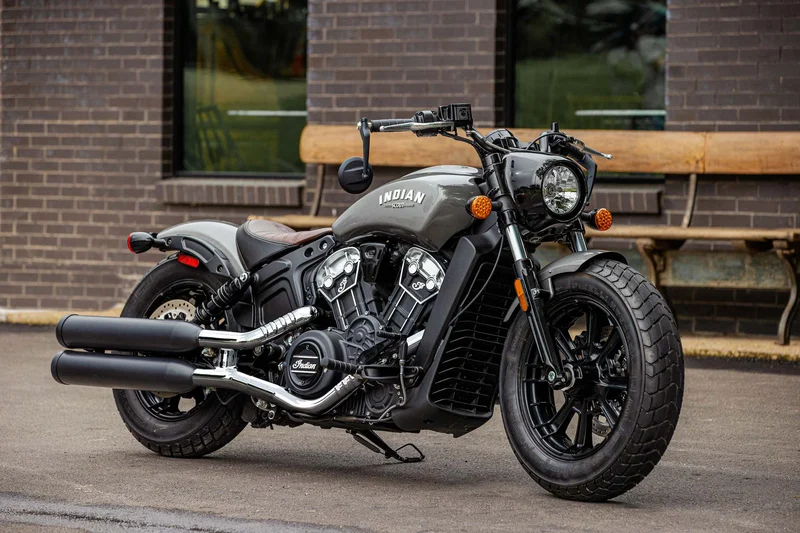Article Directory
Scout Motors: Bold Claims Meet Economic Reality
Scout Motors CEO Scott Keogh is painting a rosy picture of the company's future, seemingly unfazed by economic headwinds and legal challenges. He claims Scout is prepared for a market without federal EV tax credits and that its direct-to-consumer sales model is viable. But let’s dig into the numbers and see if this optimism holds up.
The Price Point Problem
Keogh aims for a $60,000 starting price for the electric Traveler and Terra pickup. He mentions an "entry model" achieved through simplification, like bench seats and a "detox mode" (fewer screens). But is that enough to offset the rising costs of manufacturing in the US, especially without those tax credits? The $60,000 target feels…aspirational.
An entry model is smart, but how stripped down can it really be? The line about not going "as bare bones as roll-up windows" suggests they understand the need for some modern features. But every deletion impacts perceived value, and Scout needs to nail that first impression.
He also doesn't rule out a two-wheel-drive model to cut costs. While some vintage Scouts had 2WD, that feels like a brand dilution risk. Keogh says it's more important to establish "rugged, go-anywhere capability" initially. I agree. Brand perception is everything at launch. But the cost pressure is real.
Direct-to-Consumer: A Legal Minefield?
Scout's plan to bypass dealerships is facing lawsuits. Keogh's response? "I'm not going to comment on lawsuits." Not exactly reassuring.
He claims the direct sales model is viable in "the overwhelming majority of America." But "overwhelming majority" is vague. Is that 60% of states? 80%? Each state with restrictive franchise laws represents a significant market segment that Scout would have to forego. The legal battles will add to their operational costs, directly impacting their bottom line.
And here’s the part of the strategy that I find puzzling: Keogh says data from direct sales will inform manufacturing decisions. Sure, that’s the theory. But how quickly can they react to that data? Building a 50-year factory in Blythewood based on real-time sales data sounds like trying to turn a battleship on a dime.
VW Group's Potential Lifeline (or Anchor?)
Keogh hints at potential extensions within the VW Group, saying Scout's platform "could be applied to other group products." He also notes that the Blythewood plant has the capacity to produce 400,000 units annually but is currently only building for half that volume (around 180,000 to 200,000 Scouts).

This raises two key questions:
1. Is VW counting on Scout's platform to revitalize its own struggling EV efforts? (VW's ID.4 sales haven't exactly set the world on fire).
2. Is VW subtly signaling that Scout needs to pull its weight by opening up production capacity to other brands?
The additional $300 million investment in a "supplier park" in South Carolina is a positive sign. It suggests VW is serious about domestic production. But it also increases the pressure on Scout to deliver.
EV Market Realities
Keogh seems to dismiss the potential of a "super small truck" segment, claiming it's only "1 to 3 percent of the market." While that may be true today, the market is constantly evolving. The success of the Ford Maverick proves there's demand for affordable, practical trucks.
Scout's focus on the large SUV and pickup segment (which Keogh claims represents 50% of the profits) is a safer bet. But it also means competing directly with established players like Ford, GM, and Rivian (whose R1S SUV is a direct competitor).
It's worth pointing out that the 130,000 confirmed reservations (70% SUV, 30% truck, roughly split between plug-in and EV) are encouraging. But reservations don't equal sales. The conversion rate will depend on pricing, features, and overall market conditions in 2027 and 2028, when these vehicles are slated to arrive. According to Scout CEO Scott Keogh Talks Handling Headwinds and What's Next, the company is working to address these challenges.
Scout's Optimism: Justified or Delusional?
Keogh is a seasoned auto executive. He knows how to sell a vision. But the numbers tell a more complex story. Scout faces significant challenges: rising costs, legal hurdles, and intense competition. Whether it can overcome these obstacles and deliver on its ambitious promises remains to be seen.
